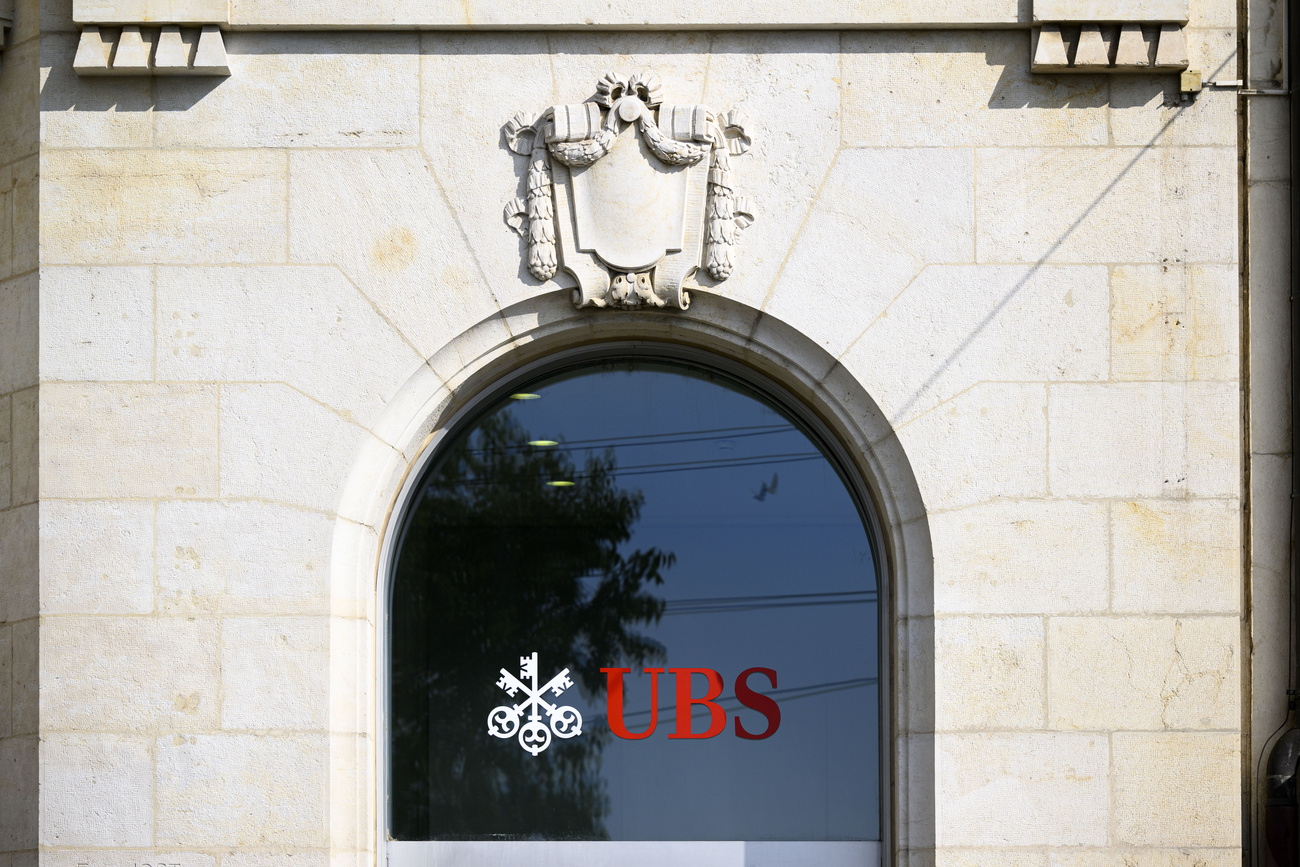
Modular furniture in building form

The Federal Railways' training centre on Lake Murten was designed by Fritz Haller, creator of the hugely successful Modular Furniture.
The building with its barrel and grid design was built as a prototype in the 1970s and refurbished in 2003 by the architectural firm, Bauart.
The famous USM Haller Systems is a Swiss export par excellence and hugely successful internationally.
Haller’s component system of construction had its origins in architecture rather than furniture design, and the same principles were used for the building which houses the Railways’ training centre in Löwenberg.
Haller conceived his modular design system in 1960s and named it “Midi Armilla”. Like the modular furniture of today, Midi is a component system of construction.
The central element is the ball. It holds the structure together by connecting all additional elements, such as the floors or shelves and façades. The system can be extended continuously merely by adding new balls.
Estate
In 1973 the Federal Railways acquired the estate which today houses the training centre.
A competition was launched to find an architect to build the centre. In addition to renovating the castle, the successful applicant had to construct new buildings for the training rooms, restaurant and overnight accommodation.
The winning design, chosen from among nearly 200 submissions, was that of architects Fritz Haller, Alfred Barth and Hans Zaugg.
“Our house policy is to make objects of beauty using good architects,” explains Toni Häfliger, head of the Federal Railways cultural heritage service. “And whenever possible we organise competitions to find the best projects.”
Construction work ran from 1978 to 1982. Two blocks were erected in a hollow next to the castle and two small round towers built in line with one of the park’s lanes.
Windows
Green in colour and with large windows breaking up their façades, these new constructions are integrated into the landscape in so far as they match the large trees lining the lane.
They house rooms (196 in total) reserved for “pupils” staying on site for the duration of their training. These rooms are arranged around a vast central atrium which makes the tower interiors particularly light.
The two cube-like buildings house a restaurant, meeting rooms and training equipment, including a model railway and train-driving simulators.
Attracting custom
Initially the Löwenberg Centre was reserved exclusively for the Federal Railways training needs, but since it went public in 1999 the centre has been available to other companies.
Löwenberg has an average of 400 visitors a day, of whom 80 per cent come from divisions of the Federal Railways and the rest from large companies or public offices.
The centre markets itself well, advertising the castle as a venue for courses, quality hotel accommodation, sports facilities, a botanical trail and excursions. Everything is made available to the customers and demand is high: the centre is almost always full.
“What’s more, Löwenberg has its own spring with its source high in the hills,” adds Häfliger. “While the people of Murten have to drink water from the lake, you could say we have the best water in the whole region.”
swissinfo, Marc-André Miserez and Andreas Keiser in Löwenberg
The Federal Railways training centre at Löwenberg lies in a 40-hectare park.
The property comprises a castle and four modern buildings constructed according to Fritz Haller’s component system of construction between 1987 and 1982.
The 16th century castle has been restored numerous times.
The training centre is of the Modular station type RV05.
The Railways submitted the design as a prototype for the opening of the national exhibition of 2002.
By 2015, some 620 railway stations across Switzerland are expected to incorporate elements of this design.

In compliance with the JTI standards
More: SWI swissinfo.ch certified by the Journalism Trust Initiative


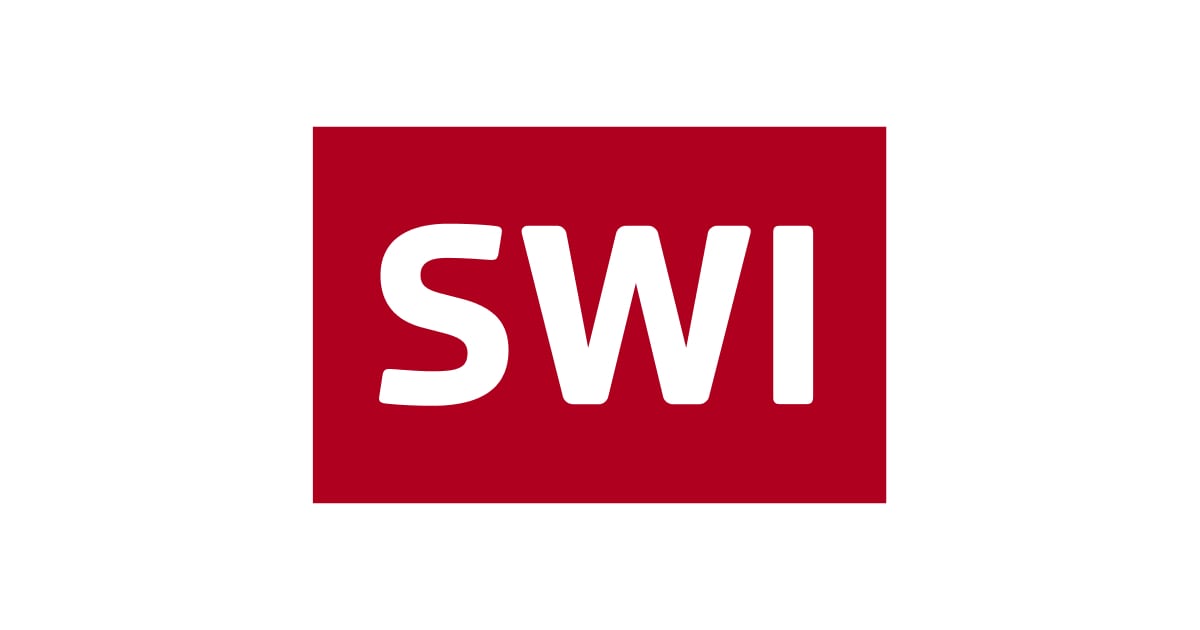







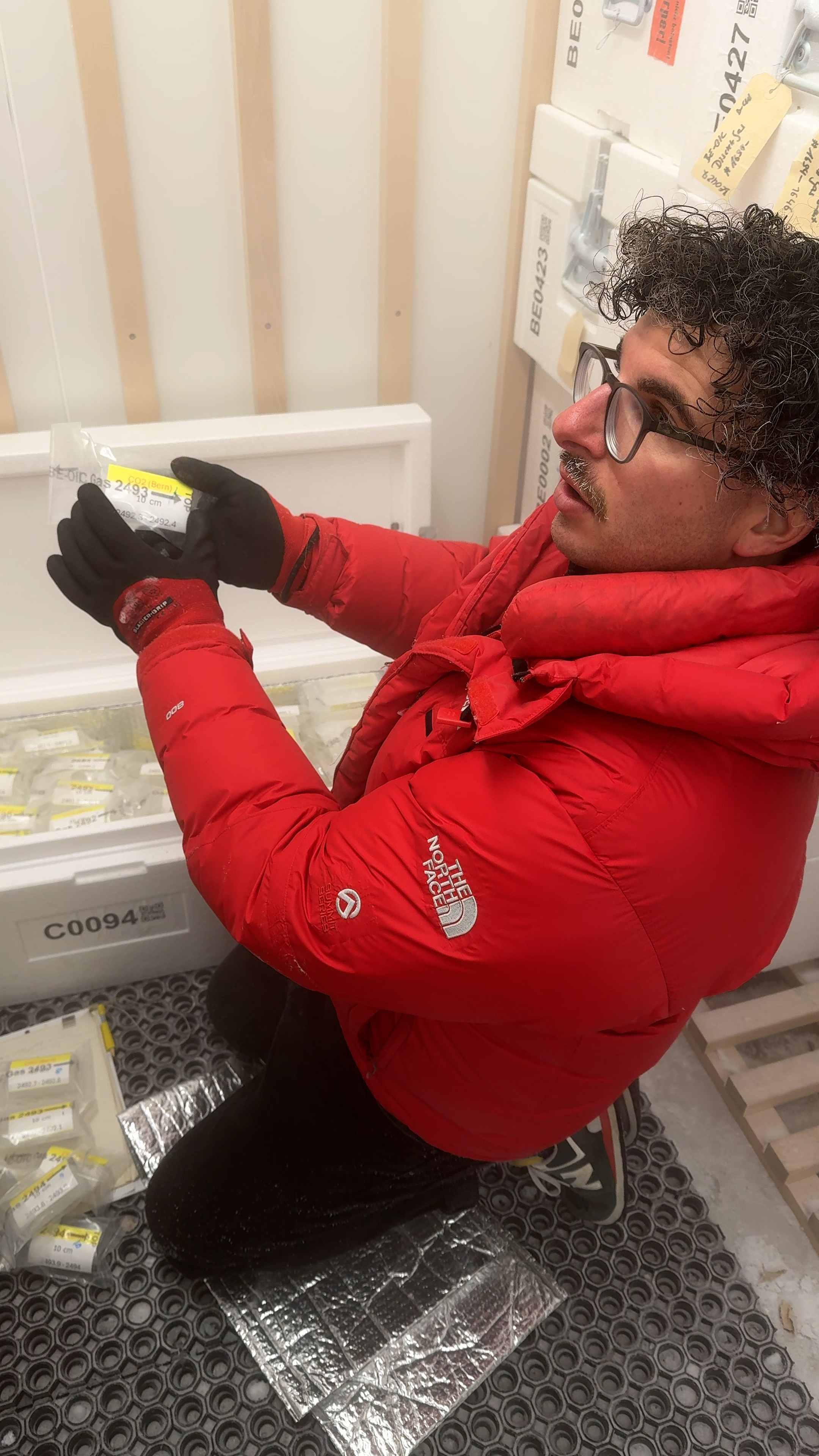















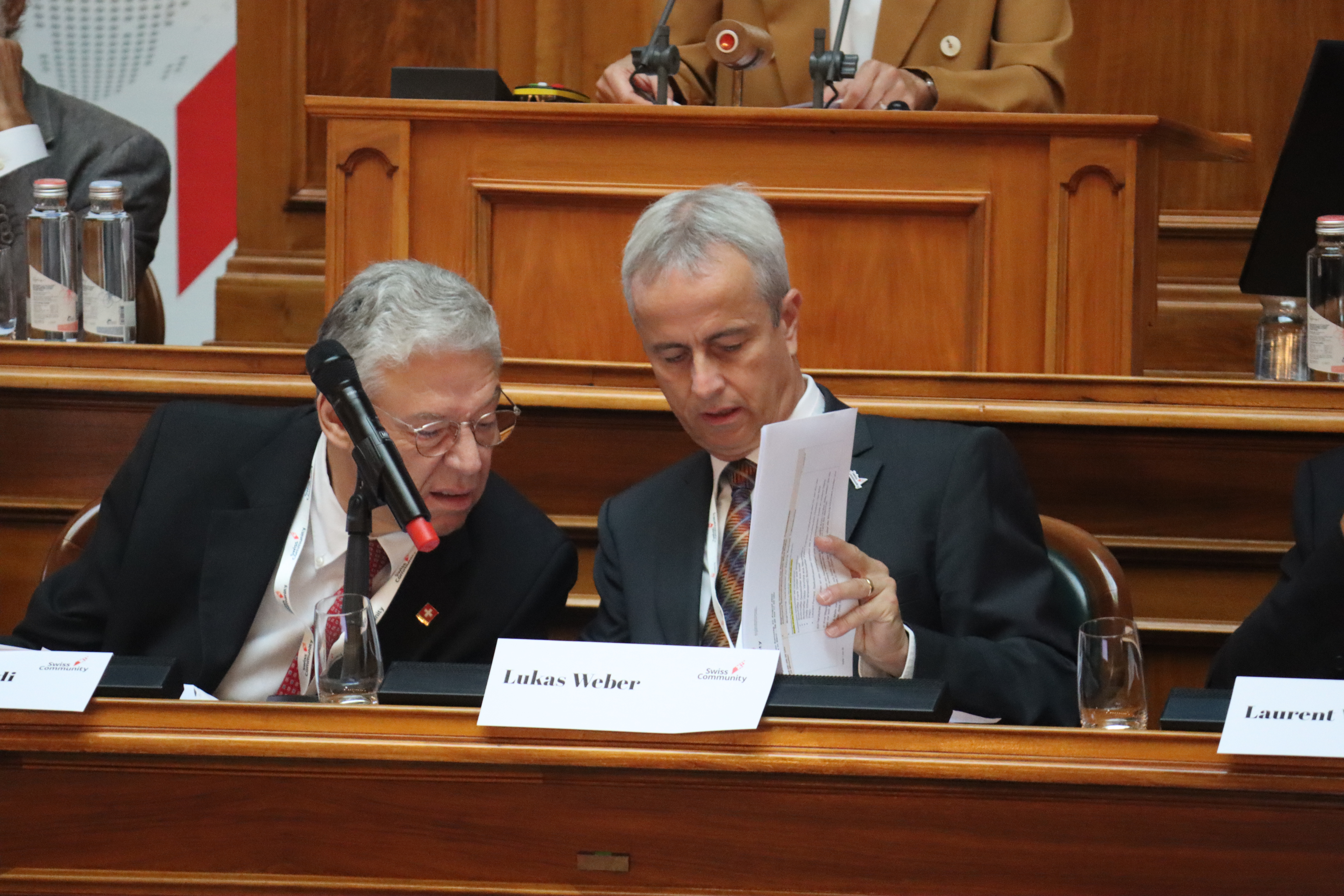
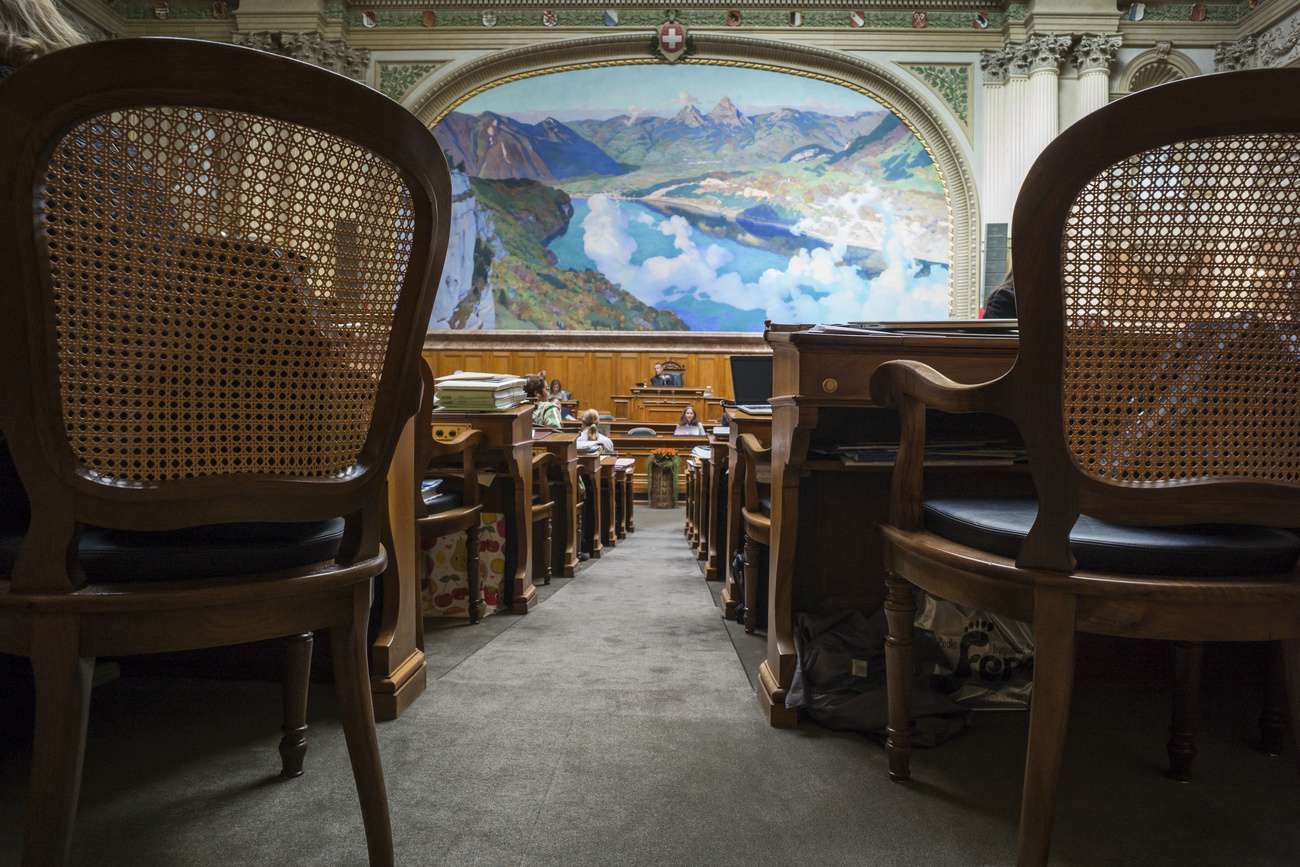


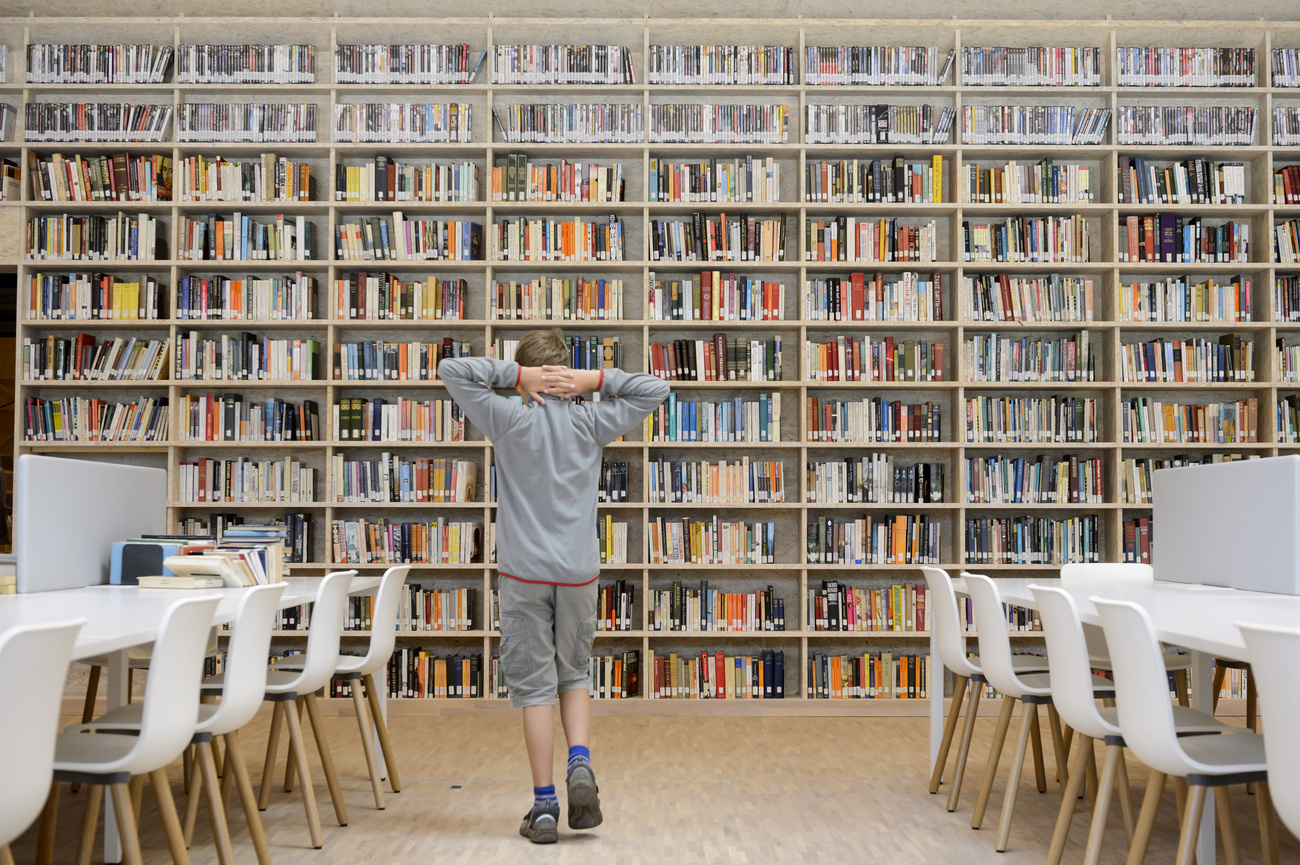


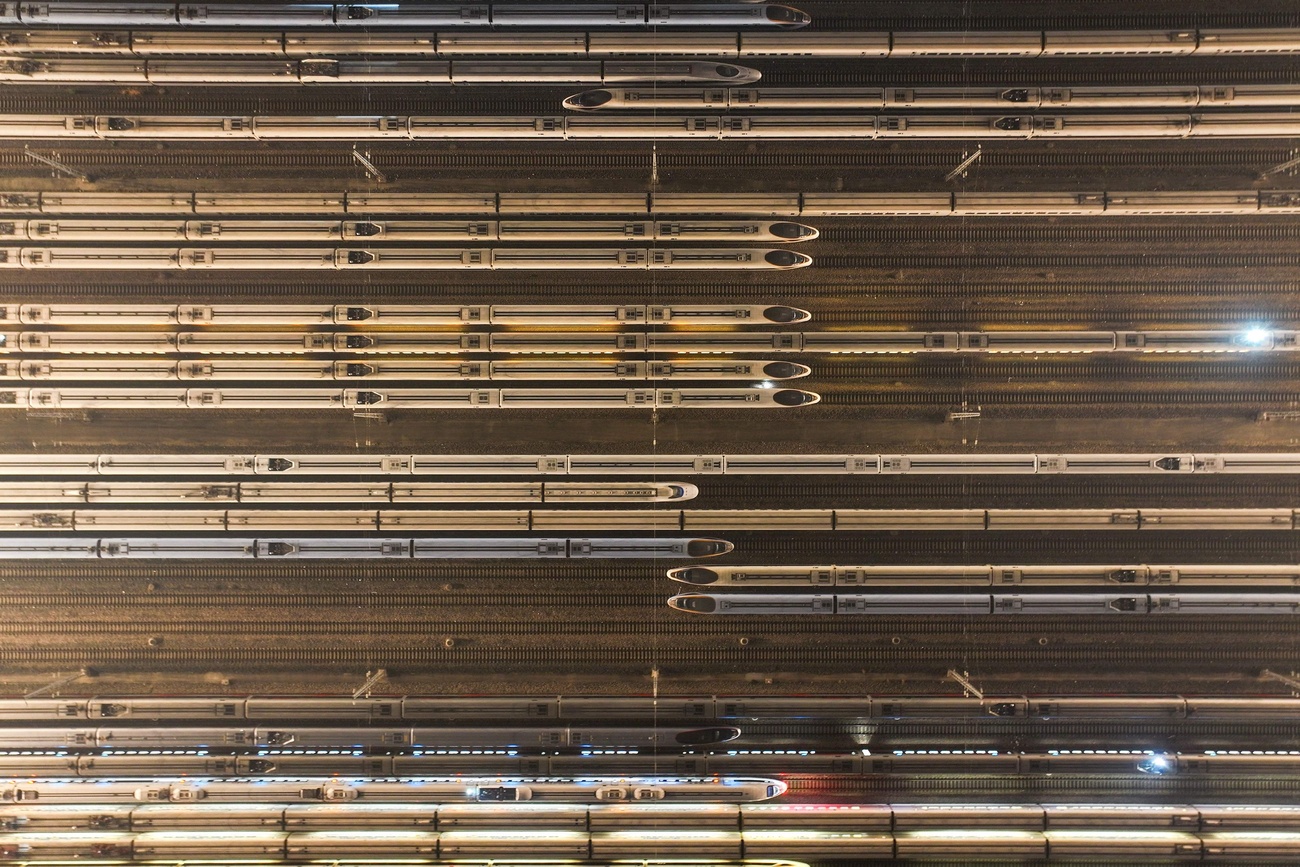




You can find an overview of ongoing debates with our journalists here . Please join us!
If you want to start a conversation about a topic raised in this article or want to report factual errors, email us at english@swissinfo.ch.